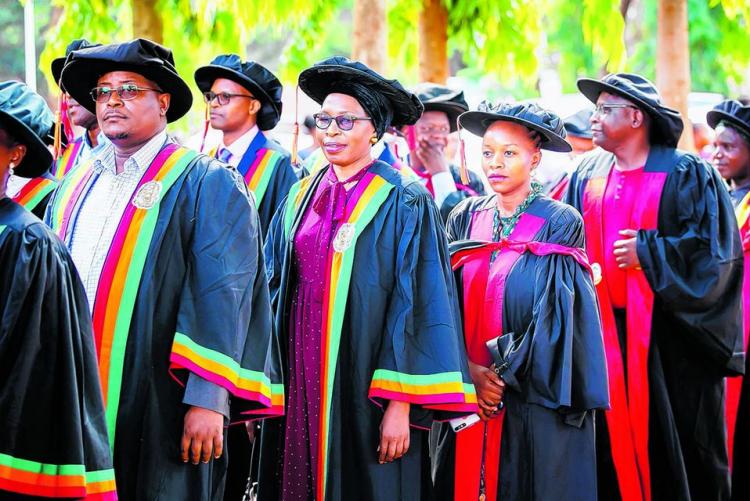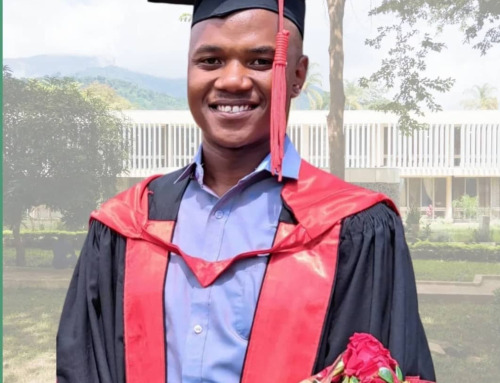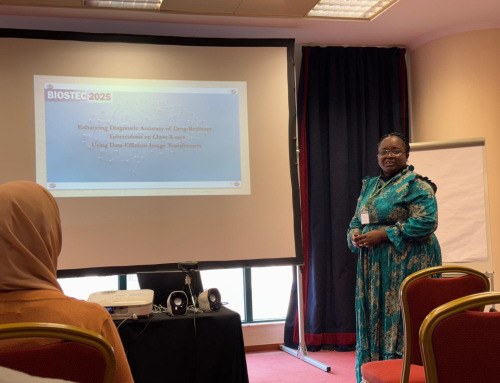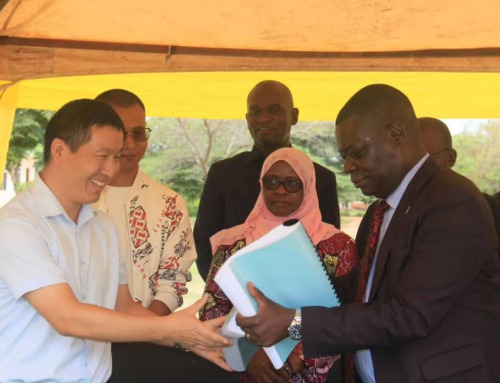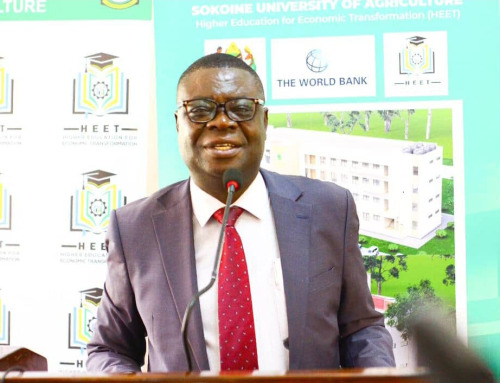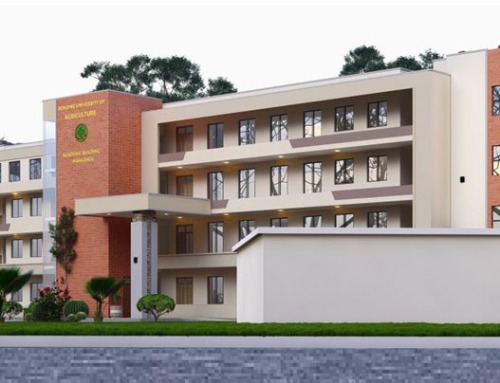With the mission to undertake training, research in agriculture and allied sciences and to deliver highly competitive outputs that contribute to national, regional and global socio-economic development, this year 3,744 students were awarded different certificates and degrees.
For a very long time, the main challenges facing universities in the country have been mostly infrastructure, including classrooms, laboratories for practical training, hostels, and a shortage of staff.
Located on the slopes of the Uluguru Mountains in Morogoro Region, Sokoine University of Agriculture (SUA), like many others, has been entangled with such setbacks, even though it continues to be one of the best education hubs in the country.
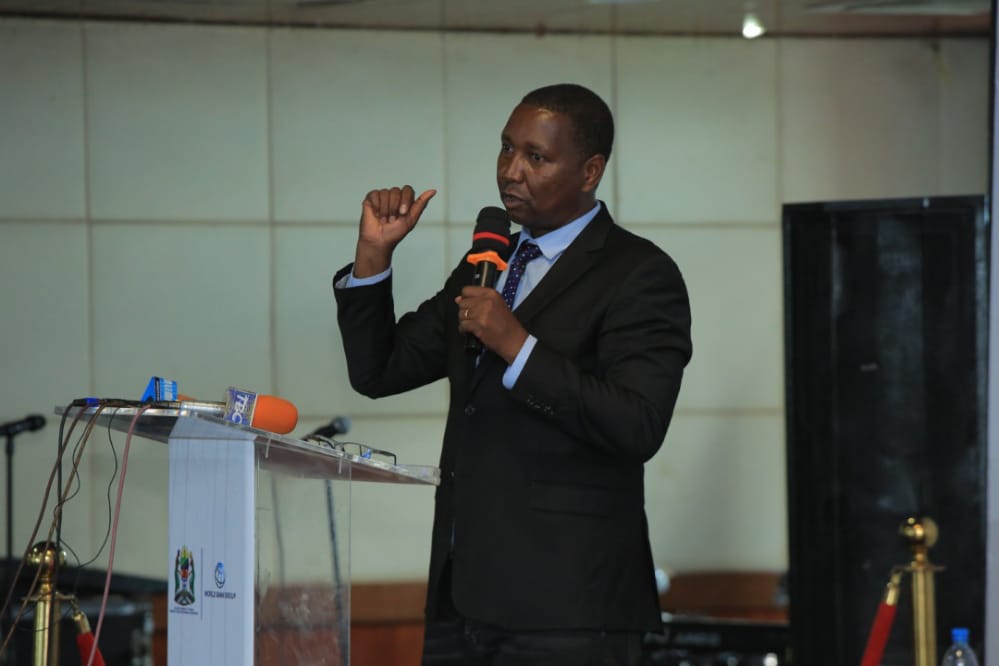
The higher education institution has been the best when it comes to agricultural research, whose findings have brought about a revolution in the agriculture sector.
“Along with the successes achieved, there are also various challenges that we are facing. The biggest one being a lack of enough infrastructure and a shortage of staff,” SUA Vice Chancellor, Prof Raphael Chibunda revealed while addressing the university’s 40th graduation ceremony last week.
However, the arrival of a major project, which aims to transform various aspects of higher education, such as financing, infrastructure expansion and capacity building, has begun to change things to the good of local higher learning institutions, including SUA.
The Higher Education for Economic Transformation (HEET) project is a five-year venture worth $425 million (Sh972 billion) under the auspices of the World Bank, which aims to support Tanzania’s efforts in unleashing the power of higher education to propel the country’s economic development and transformation.
As a result of the project, Prof Chibunda notes that SUA has a special plan for the construction of new infrastructure at the Edward Moringe, Solomon Mahlangu and Mizengo Pinda campuses through the HEET Project.
In the project, the agriculture think tank hub has been allocated Sh73.6 billion for the construction and repair of infrastructure, the improvement of curricula, the purchase of equipment and the facilitation of staff training.
Through the project, Prof Chibunda notes that the college will construct 11 buildings for learning and teaching. Six buildings will be built at the Edward Moringe Campus, two at the Solomon Mahlangu Campus and three at the Mizengo Pinda Campus.
“These buildings include three hostels, three academic buildings, one dormitory, three laboratories and one building for promoting research and innovation in the fields of engineering and IT,” explains Prof Chibunda.
Also, he says they are grateful to the government for giving the university permission to hire 140 new employees (93 academics and 47 operators). So far 77 employees have been hired and reported to work.
“The employment process for the remaining employees is in various stages of implementation. These employees will help a lot in reducing the challenge of employees shortage,” he explains further.

